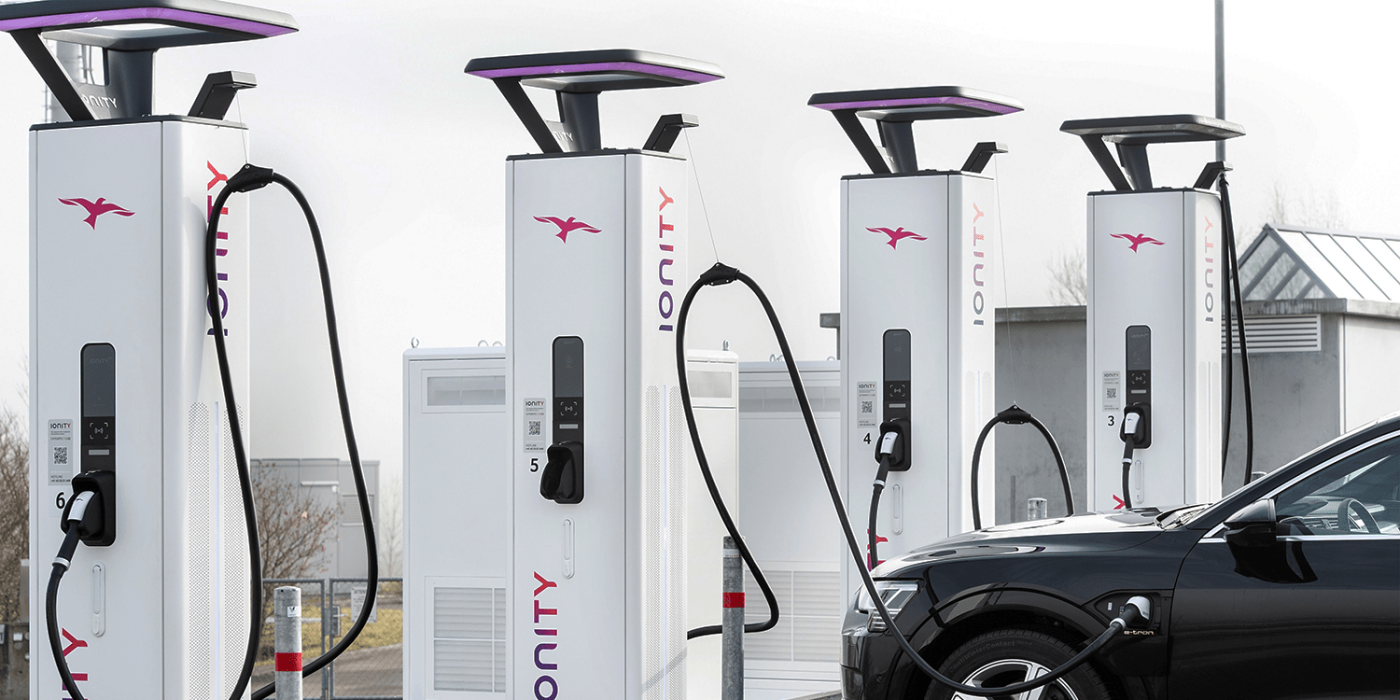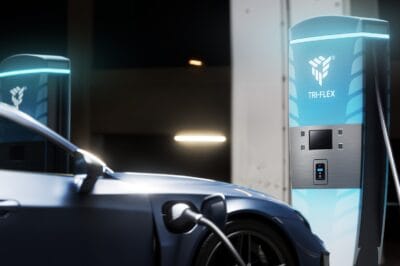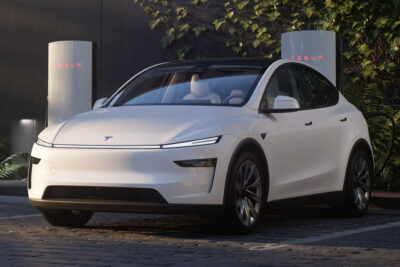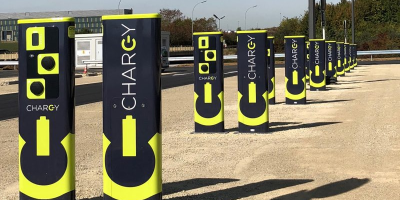First charging services raise prices at Ionity HPC columns
First mobility service providers are reacting to Ionity’s new pricing model of consumption-based high power charging. MSP’s such as Deutsche Telekom and Vattenfall have excluded the automobile joint venture from its preferred and cheaper partner options, while Ionity struggles to clarify the debate.
Let’s go back before going into detail. This January, Ionity had changed its pricing model from a base fee for any ultra-rapid charge to a kilowatt-hour model prized at a juicy 79 ct/kWh. The seemingly transparent model had raised questions regarding external partner contracts (mobility service providers) and an outcry in the community, in Germany especially. Now, external partners are reacting. At the same time, Ionity has responded to criticism of the sometimes high prices.
The Deutsche Telekom has raised the prices of its Get Charge offer for Ionity to 89 cents/kWh. As Get Charge now announces, Ionity is listed as “other partner” as of February 1. In the price model in force since April, the charging service charges “preferred partners” 0.29 Euro/kWh at AC charging points and 0.39 Euro/kWh at DC charging points. At the charging points of the “other partners”, AC and DC charging costs a uniform 0.89 euros per kilowatt-hour. And Ionity has now gone from being the “preferred” to the “other” partner.
“You’ve already guessed it in part,” writes a Get Charge employee in a short message to customers. “The reasons are manifold but ultimately necessary,” meaning the other partners are handing down Ionity’s price increase to customers.
Also via Vattenfall’s ‘InCharge’ service, the kilowatt-hour will in future cost 79 cents. The energy group has not included Ionity in the standard tariff of 0.59 Euro/kWh for its newly launched charging service. Ionity now falls under one of the numerous exceptions, Vattenfall charges InCharge users 0.79 Euro/kWh on these pillars. Shell Recharge now charges a price of 0.78 Euro/kWh on Ionity columns. Plugsurfing also announced today that they would charge more for charging at Ionity in the future – 0.86 Euro/kWh. However, the startup is using the opportunity to promote its subscription model ‘Plugsurfing Plus’: The offer is currently available to a limited number of users who can pay 19.99€ monthly to charge for only 0.34€/kWh in Germany – no matter if AC or DC. And this price also applies to Plugsurfing Plus users at Ionity.
With the charging cards of other Mobility Service Providers (MSP) or the charging services of the car manufacturers participating in Ionity, high power charging can continue at varying rates. This depends on the manufacturer’s charging services, and thus only the company’s customers and is sometimes associated with monthly charges. So far, however, Ionity has not communicated what the new B2B purchase price for the MSP is.
In the run-up to the price announcement, Ionity had offered the media throughout Europe several interviews with CEO Michael Hajesch or COO Marcus Groll, and the editorial staff of electrive.com also spoke to Hajesch on this occasion. Given the predominantly negative reactions before the actual introduction of the prices at the turn of the month, Ionity has now given further interviews to clarify the situation from their point of view.
Hajesch particularly contradicts the accusation of offering low prices to the shareholders’ customers (think: mighty carmakers) and cashing in with the competition. At the MSP, Ionity does not set the prices for consumers. “How the individual price point for these offers come about, please contact the manufacturers”, the Ionity boss told Emobly. “The conditions we negotiate with B2B partners, who then offer their charging services to the end customer and thus also offer the individual price, are identical for all of them in terms of the system”.
The new prices, which were understood by many users as “Lex Tesla” to discourage the Tesla Model 3 with high tariffs, which were increasingly charging at Ionity, were not differentiation and preferential treatment of the shareholders. “The conditions we negotiate with the partners are also available to all other interested parties, so Tesla too”, says Hajesch. According to Hajesch, the conditions that Ionity offers its shareholders for their services cannot be disclosed “purely legally”.
He is also “in no way” able to understand the accusation of why Ionity is so expensive despite the subsidies it receives from tax payer’s money, i.e. through EU funding. If one wanted the switch to electric mobility to happen quickly, Ionity’s Intereuropean HPC network would be “a valuable contribution to society as a whole. To this end, politicians are providing incentive models, which is de facto always the aim of subsidies,” said Hajesch. “This is a perfectly normal, legitimate process.” Meaning: The development may have been encouraged, but the operation is the company’s responsibility.
As much as he defends the pricing model, Hajesch was self-critical in communicating the prices. “The accusation we have to accept is that we have not communicated sufficiently and transparently enough.” Appropriate measures are being considered, and the intention is to contribute to a more objective debate. It is probably a little late for that now.
With reporting by Sebastian Schaal, Germany.





0 Comments